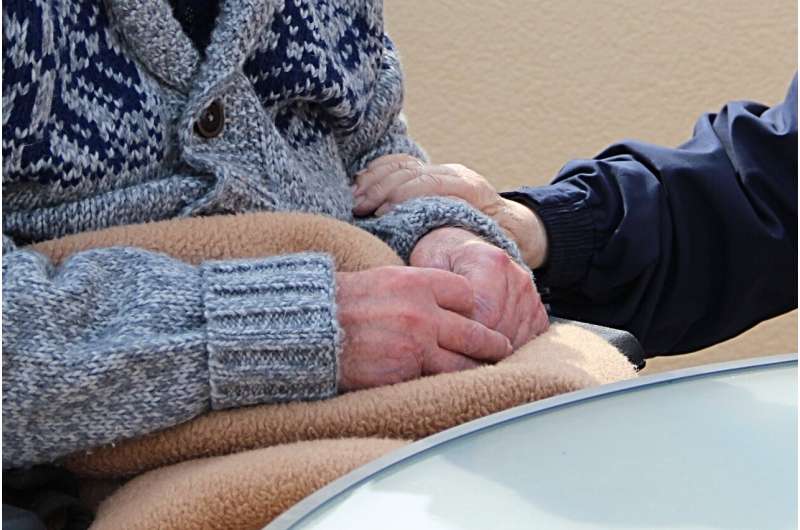
Flemish nursing homes that work with smaller residential groups that have permanent health care teams have had noticeably fewer infections or deaths related to COVID-19. This is true not only of the residents, but also the personnel. This was the conclusion reached by researchers from KU Leuven and Radboud University.
At the request of Hilde Crevits (the Flemish Minister for Welfare, Health and Family) and in collaboration with diverse intermediary organizations (employer umbrella organizations, trade unions and elderly care organizations), the researchers drew up a questionnaire. They asked about the organizational structure of nursing homes and about the services and care they provided during the corona crisis. A total of 318 nursing home boards answered the questionnaire. That data was compared with the COVID-19 data from the Care and Health Agency.
“The results are clear,” said Assistant Professor Lander Vermeerbergen (Radboud University/KU Leuven). “Although we had expected an effect, the clarity of the figures surprised us.”
Fewer infections
Four organizational characteristics are related to fewer COVID-19 infections: the size of the group of residents, the size of the home, the breadth of the personnel’s tasks and the way in which health care teams are composed and assigned to residential groups.
“In nursing homes with only groups smaller than 17 residents, the average infections rate was 17.5%; in nursing homes with large groups of more than 32 residents, the rate was 27.5%,” said researcher Eveline Teppers (HIVA-KU Leuven). “The number of residents who died from COVID-19 was 2.5% and 5.1% respectively.”
But the personnel’s tasks and the size of the home are also crucial. Professor Geert Van Hootegem (KU Leuven): “The research showed that there were fewer infections in nursing homes with permanent multidisciplinary health care teams per residential group than in nursing homes that work with monodisciplinary or multidisciplinary health care teams for several groups of residents.”
The research also showed that an approach involving smaller residential groups and permanent multidisciplinary teams results in a homier atmosphere during a pandemic even though this was affected by the COVID restrictions. Domestic habits such as preparing meals in the living room or doing the laundry in the resident’s home were infrequent during COVID. Previous research had already shown that health care personnel experienced a higher amount of stress in such health care settings.
Adjustments: From temporary to permanent
During the COVID crisis, many nursing homes had anticipated this and had implemented major organizational changes during the first waves of the pandemic. In the questionnaires, 80% of the boards said that they had worked with permanent teams per residential group and 40% said that they had made the residential groups smaller. But most of the respondents indicated that these changes were only temporary.
Source: Read Full Article






